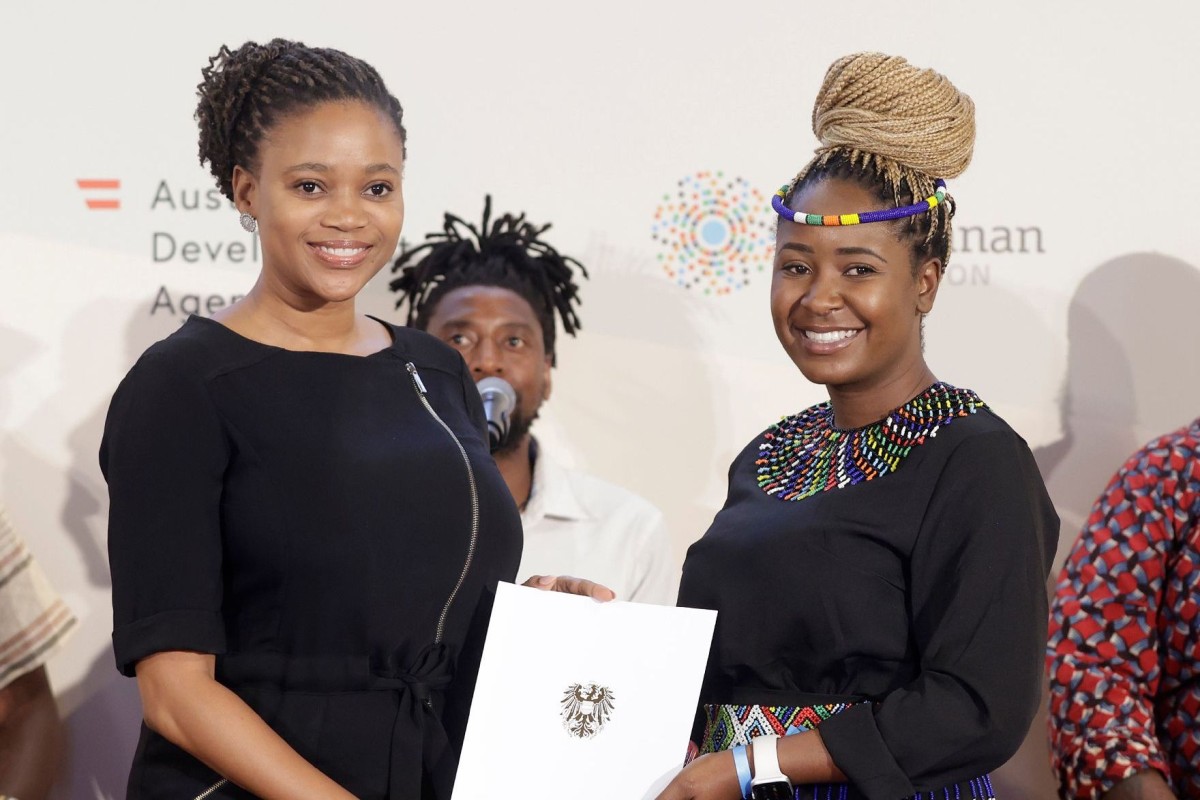Sponsored Content
"Award for Innovation in Africa" Awarded for the First Time in Austria
The "Kofi Annan Award for Innovation in Africa" was awarded for the first time this week to African start-ups, all of which were dedicated to the topic of digital health. The three winners come from Kenya, Nigeria and Zimbabwe and can look forward to prize money of 250,000 euros each. Read on to find out what goals the respective projects have set themselves.
 The award was presented to a total of 3 companies from Africa. / Picture: © Bundeskanzleramt (BKA) / Regina Aigner
The award was presented to a total of 3 companies from Africa. / Picture: © Bundeskanzleramt (BKA) / Regina Aigner
The "Kofi Annan Award for Innovation in Africa" was recently presented for the first time in Vienna. The prize, which honours start-ups from Africa that have dedicated themselves to the field of digital health, was awarded to one company each from Kenya, Nigeria and Zimbabwe and is endowed with 250,000 euros.
The "Kofi Annan Award for Innovation in Africa" was…
or Log In
Fast News Search





